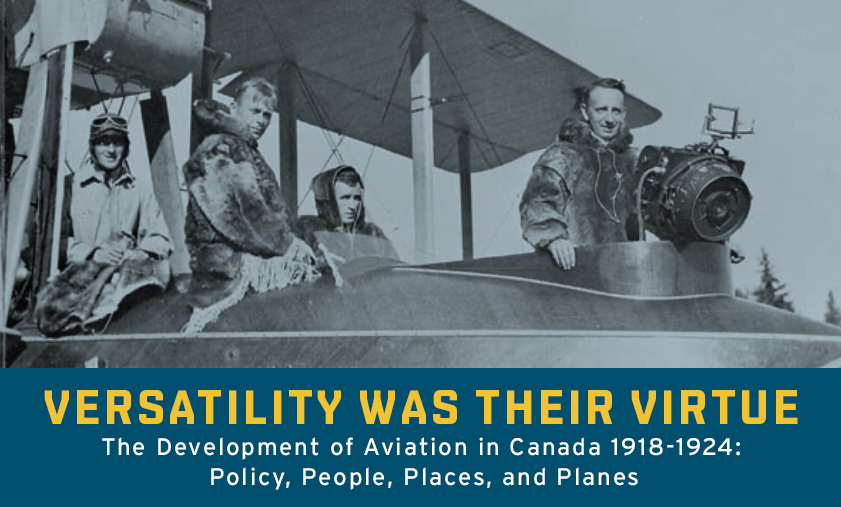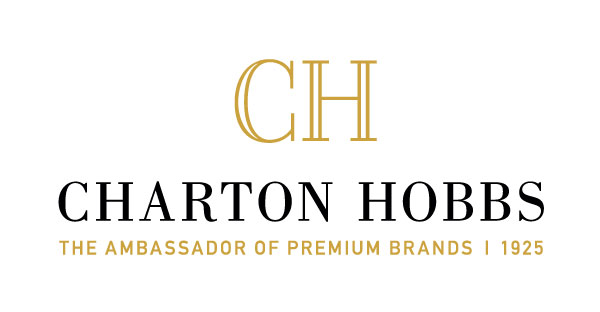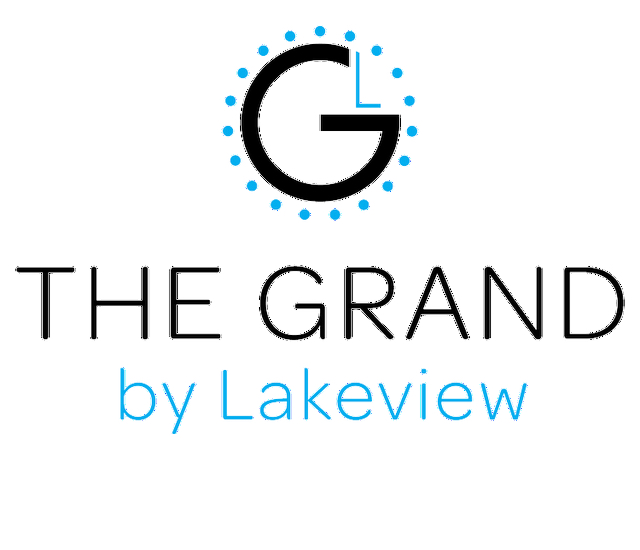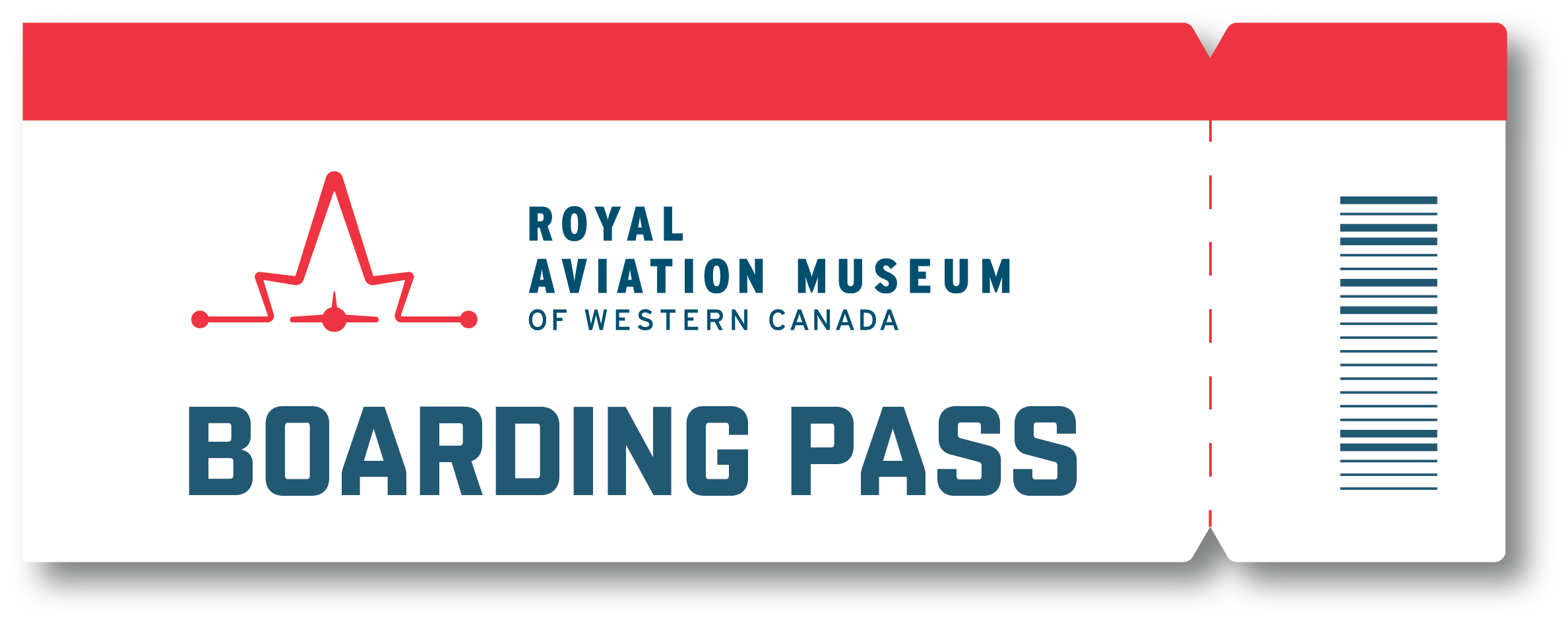Royal Aviation Museum of Western Canada Aviation Conference
April 14 & 15, 2023

You are invited to join us as a guest at the Royal Aviation Museum’s first aviation conference.
As a VIP guest at the conference, you will receive:
- Access to the conference and museum
- Morning coffee, fruits and pastries
- Catered 3-course lunches
- Invitation to Opening and Closing receptions
- Validated parking
Royal Aviation Museum Aviation Conference
About the conference:
Laying the groundwork for Canadian aviation
Join us April 14 – 15 as we welcome speakers from around the world for an in-depth look at early 20th-century aviation development.
The period between 1918 and 1924 was key to the development of civil, commercial, and military aviation in Canada.
Prior to 1918, civil operations in support of government responsibilities, briefly considered before the First World War, were brought to a standstill by the conflict. Likewise, the development of commercial aviation failed to take off due to wartime priorities. Finally, while more than 20,000 Canadians flew with distinction in combat during the war, they did so as members of the British flying services and not as part of a distinctly Canadian air force.
By 1924, civil air operations were routinely being carried out for a variety of government departments, commercial aviation firms were springing up across the country and the Royal Canadian Air Force was established to provide the framework of a national military air service.
This conference will seek to answer how and why these important developments took place.
PRESENTED BY THE ROYAL AVIATION MUSEUM OF WESTERN CANADA
PROUD SUPPORTER OF THE RCAF 2024 CENTENNIAL

Schedule
Subject to change
Friday, April 14
| Time | Event |
|---|---|
| 9:00 – 9:15 am | Mr. Terry Slobodian Opening remarks with Major General Huddleston, Commander 1 Canadian Air Division Headquarters, Canadian NORAD Region |
| 9:15 – 9:30 am | Hedley Auld Conference Introduction |
| 9:30 – 10:00 am | Col. Randall Wakelam, Retired Uncertain of Position but Making Good Time: Learning to Love the RCAF |
| SESSION 1: POLICY | |
| 10:15 – 10:45 am | Dr. Richard Mayne A False Start and the Birth of the Royal Canadian Air Force: 1918-1924 |
| 11:00 – 11:30 am | Col. John Orr, Retired “The Imperial Gift – The Air Ministry, Oxford Circus House and the Air Board of Canada” |
| 11:45 am – 1:00 pm | LUNCH Luncheon address: Basil Deacon Hobbs Mr. Hedley Auld |
| 1:00 – 1:30 pm | Mr. Dirk Werle Early Aerial Photography in Canada |
| 1:45 – 2:15 pm | Major Jeremie St. Jacques Development of Air-Ground Communications: 1918-1924 |
| 2:30 – 3:00 pm | Mr. John Parminter Aircraft and Their Use in Forestry in B.C.: 1918 – 1926 |
| BREAK | |
| 3:15 – 3:45 pm | Mr. Chris Hargreaves The Development of Airmail in Canada after 1918 |
| 4:00 – 4:30 pm | Capt. Allan Snowie 1919 – 1920: The Years of Flying First |
| 4:45 – 5:15 pm | Ms. Diana Trafford George Fuller’s Legacy: An Approach to Aviation History |
| RECEPTION Sponsored by Charton Hobbs |
Saturday, April 15
| Time | Event |
|---|---|
| SESSION 2: PEOPLE | |
| 9:00 – 9:30 am | Mr. Matthias Joost Robert Logan |
| 9:45 – 10:15 am | Ms. Vanessa Ascough Stuart-MacLaren Round-the-World, 1924 |
| SESSION 3: PLANES | |
| 10:30 – 11:00 am | Mr. Christopher J. Terry Curtiss HS-2L |
| 11:15 – 11:45 am | Mr. Colin Owers The Evolution of the Felixstowe F.3 Flying Boat and Its Introduction to Canada |
| 11:45 – 1:00 pm | LUNCH Luncheon Address: “Air Station Victoria Beach & RCAF Station Winnipeg” Mr. Hedley Auld |
| SESSION 4: PLACES | |
| 1:00 – 1:30 pm | Dr. David Riach Winnipeg’s First Commercial Air Transport Companies |
| 1:45 – 2:15 pm | Col. Jack McGee, Retired Edmonton Aircraft Company – Jock McNeill and Keith Tailyour, AFC |
| 2:30 – 3:00 pm | Dr. Ruth I. Groome Roland J Groome and the Saskatchewan Aviators |
| Break | |
| 3:15 – 3:45 pm | Mr. Pierre Thiffault Early Quebec Aviation: The Making of Commercial Flying |
| 4:00 – 4:30 pm | Dr. Bob Galway An Overview of Early Canadian Commercial Aviation 1920-1925 |
| 4:45 pm | Mr. Terry Slobodian Closing Remarks |
| CLOSING RECEPTION Sponsored by Charton Hobbs |

Speakers

Travel & Accommodations
Arriving by air: The Royal Aviation Museum of Western Canada is conveniently located on the campus of the Winnipeg Richardson International Airport.
Arriving by car: The museum is located at 2088 Wellington Avenue, Winnipeg, MB.
Accommodations
We’re pleased to partner with Lakeview Hotels to offer delegates preferred rates at their two airport properties:
Lakeview Grand Winnipeg Airport Hotel – $178/night
Lakeview Signature – $161/night
These rates are available to conference attendees from April 13-16, 2023
We will provide you with a booking code once your conference registration is confirmed.
The museum is just a short walk from the hotels. Alternatively, delegates staying at one of the Lakeview properties will have access to the hotel’s shuttle if they require transportation to the museum.
Sponsors and Partners
RECEPTION SPONSOR
PRINT SPONSOR
HOTEL PARTNER
HOTEL PARTNER





